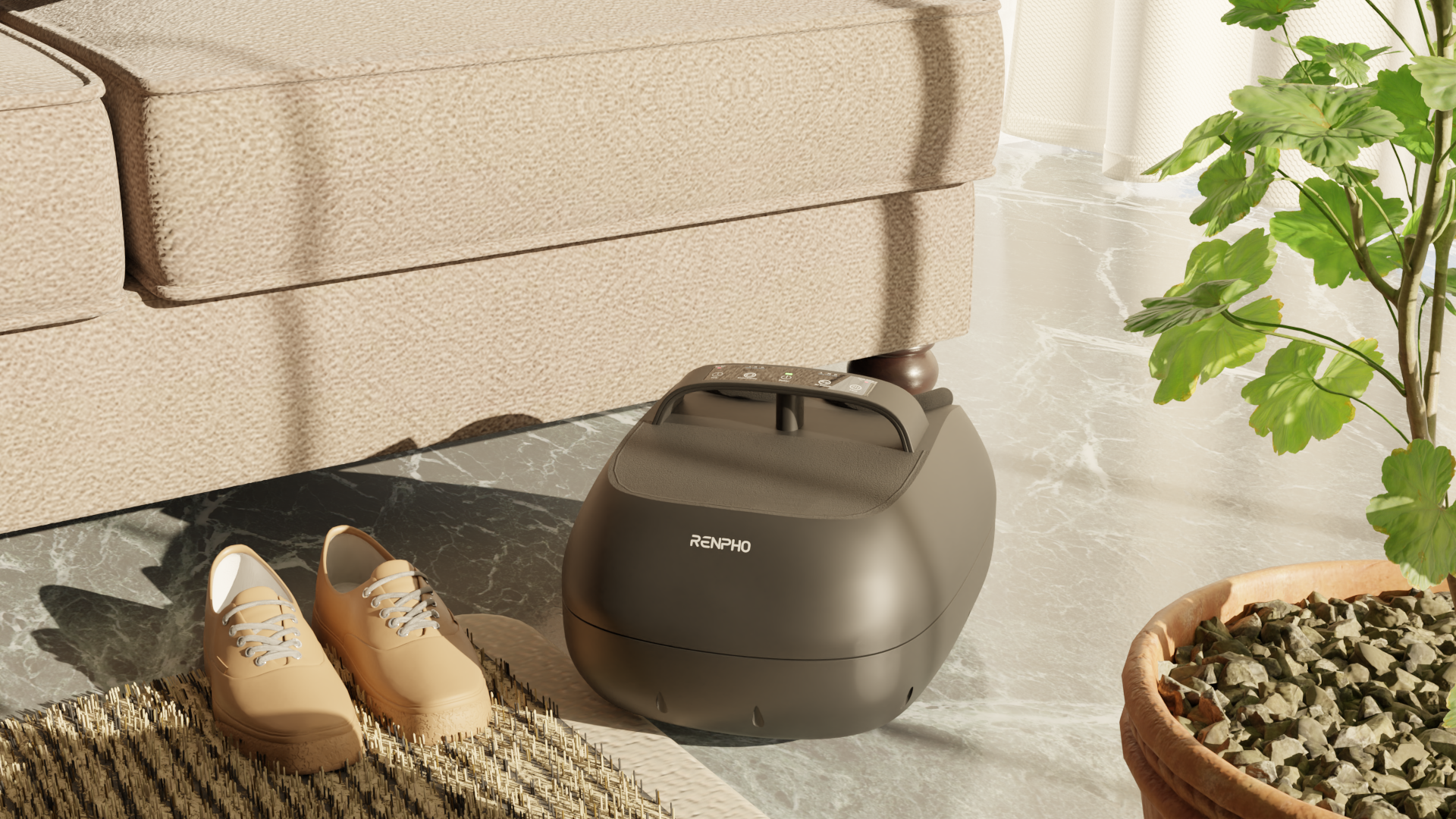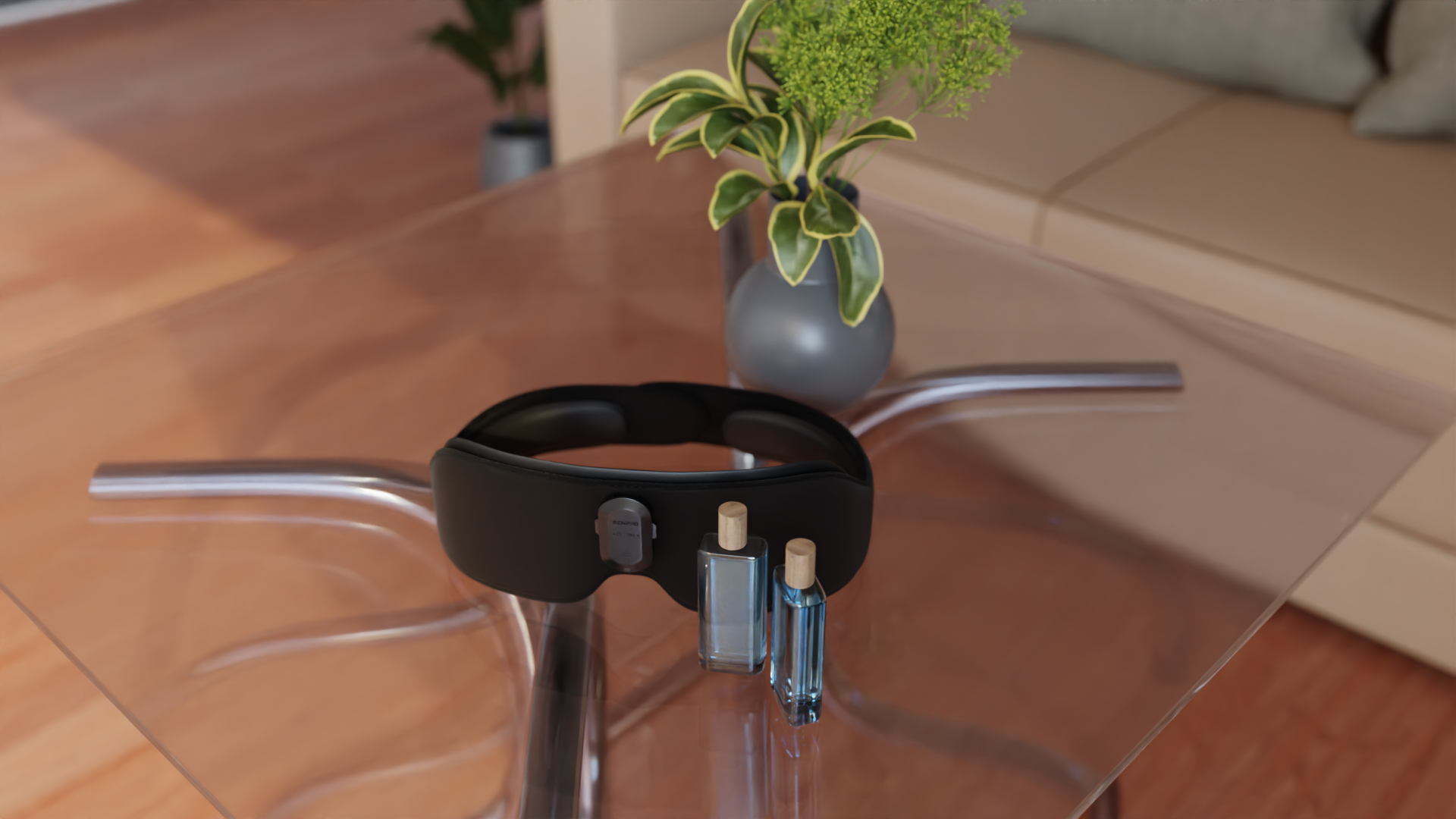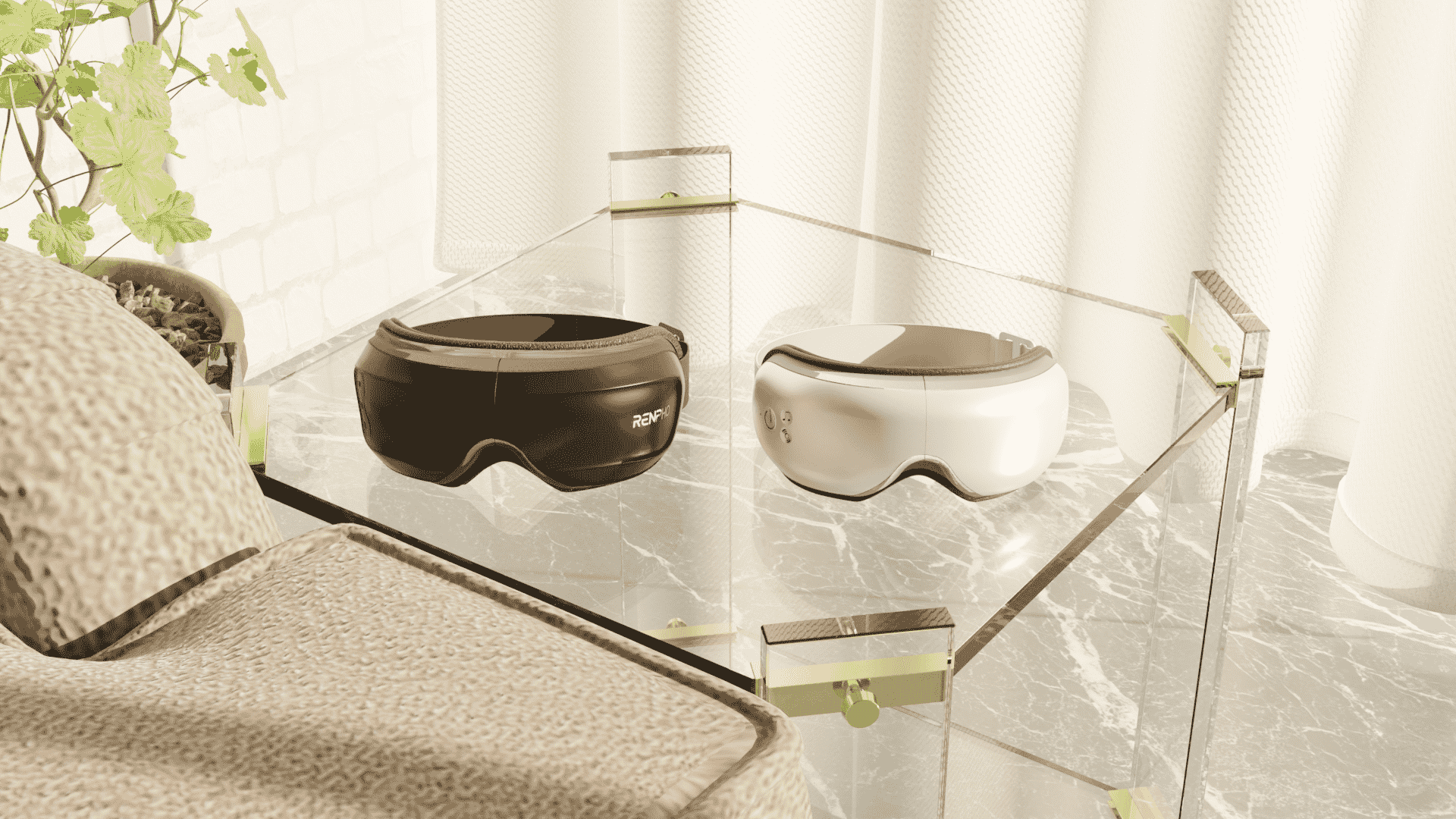Stress is a common problem that affects many people in the workplace. It can have negative consequences for your physical and mental health, as well as your productivity and performance. According to Zippia, 83 percent of Americans experience work-related stress. Some of the signs that stress is affecting your productivity are: If you are feeling stressed, you may find it hard to complete your tasks, meet your deadlines, or collaborate with your colleagues. You may also experience burnout, low morale, or high absenteeism. These outcomes can hurt your career and your organization’s bottom line. Stress is a common experience for many people, and it can have a significant impact on productivity in the workplace. There are different types of stressors that can contribute to decreased productivity, including work-related stress, personal stress, and environmental stress. Work-related stress can be caused by a heavy workload, tight deadlines, or a lack of support from colleagues or superiors. This type of stress can lead to decreased concentration, difficulties in problem-solving, and overall decreased efficiency in completing tasks. Personal stress, such as financial troubles, family issues, or health concerns, can also have a direct impact on productivity. When employees are dealing with personal stressors, they may find it difficult to focus on their work, leading to decreased output and poorer performance. Environmental stressors, such as a noisy or cramped work environment, can also contribute to decreased productivity. These external factors can be distracting and make it difficult for employees to concentrate on their tasks. When employees are dealing with any of these types of stressors, their ability to perform their job effectively can be compromised. This can lead to decreased productivity, increased errors, and ultimately, a negative impact on the overall success and profitability of the company. In order to address the impact of stress on productivity, it's important for employers to recognize the signs of stress in their employees and take proactive steps to address the underlying causes. Providing resources for managing stress, offering flexibility in work schedules, and creating a supportive work environment can all help to alleviate the impact of stress on productivity. The workplace can be a source of various types of stressors that can have a significant impact on employee health. From long hours and deadlines to demanding bosses and toxic work environments, the negative effects of workplace stress can manifest in a variety of ways. One of the most common types of stressors in the workplace is job-related pressure, which can lead to physical and mental health problems. Employees who experience high levels of job-related stress often report symptoms such as headaches, sleep disturbances, and stomach issues. Over time, this chronic stress can also weaken the immune system, making employees more susceptible to illnesses. Another common type of stressors in the workplace is interpersonal conflict. Dealing with difficult coworkers or a hostile work environment can take a toll on an employee's mental and emotional well-being. This can lead to anxiety, depression, and even more serious mental health conditions if left unaddressed. In addition to these types of stressors, job insecurity and lack of control over one's workload can also contribute to workplace stress. The fear of losing one's job or feeling overwhelmed by the demands of the job can create a constant state of anxiety and uncertainty for employees. The negative effects of workplace stress on employee health are well-documented. Not only does it lead to physical and mental health issues, but it can also result in decreased productivity, increased absenteeism, and high turnover rates. Employers have a responsibility to create a healthy work environment and provide resources for employees to manage and cope with different types of stressors. One of the most important things you can do to cope with stress is to take care of yourself. This means getting enough sleep, eating well, exercising regularly, and engaging in hobbies or activities that make you happy. These habits can help you reduce your stress levels, boost your immune system, and improve your mood. You can also practice relaxation techniques, such as deep breathing, meditation, yoga, or mindfulness. These methods can help you calm your mind, lower your blood pressure, and enhance your concentration. You can do them at any time of the day, especially when you feel overwhelmed or anxious. Another way to deal with stress is to make healthy lifestyle choices that support your well-being. This includes avoiding or limiting substances that can worsen your stress, such as caffeine, alcohol, nicotine, or drugs. These substances can interfere with your sleep quality, increase your heart rate, or impair your judgment. You should also try to maintain a healthy work-life balance, which means setting boundaries between your personal and professional life. This can help you avoid overwork, prevent burnout, and preserve your relationships. You can do this by managing your time effectively, prioritizing your tasks, delegating when possible, and saying no to unreasonable demands. The RENPHO Power Massage Gun is a device that can help you relieve muscle tension, improve blood circulation, and reduce pain. It is designed to deliver powerful and precise percussion therapy, which can stimulate the nervous system and activate the body’s natural healing process. By using the Power Massage Gun, you can enhance your physical and mental well-being, and prevent stress from affecting your productivity. It can also help you recover faster and perform better. It can help you warm up before a workout, cool down after a workout, or treat any soreness or stiffness that may occur. It can also help you prevent injuries, improve your range of motion, and enhance your flexibility. Resilience is the ability to bounce back from adversity and cope with challenges. It can help you overcome stress and achieve your goals. To build resilience, you need to develop a positive mindset, a strong sense of purpose, and a supportive network. A positive mindset can help you view stress as a challenge rather than a threat, and focus on the opportunities rather than the obstacles. You can cultivate a positive mindset by practicing gratitude, optimism, and self-compassion. A strong sense of purpose can help you find meaning and motivation in your work, and align your actions with your values. You can find your purpose by setting SMART (specific, measurable, achievable, relevant, and time-bound) goals, and pursuing your passions and interests. A supportive network can help you cope with stress by providing you with emotional, practical, and informational support. You can build a supportive network by reaching out to your family, friends, colleagues, mentors, or professional counselors. You can also join groups or communities that share your interests or challenges. Finally, you can manage stress and improve your productivity by creating a stress-resilient work environment. This means designing your workspace to promote comfort, efficiency, and creativity. You can do this by: You can also create a stress-resilient work environment by fostering a positive work culture, which means establishing trust, respect, and collaboration among your team members. You can do this by:
What Is the Impact of Stress on Productivity?

The Negative Effects of Workplace Stress on Employee Health

Self-Care Techniques to Relieve Stress

Healthy Lifestyle Choices

One of the benefits of the Power Massage Gun is that it can help you relax and unwind after a long day of work. It comes with six massage heads and six speed levels, which allow you to customize your massage experience according to your needs and preferences. You can use it on different parts of your body, such as your neck, shoulders, back, legs, or feet. You can also adjust the intensity of the massage from gentle to intense, depending on your comfort level.Building Resilience

Creating a Stress-Resilient Work Environment

Renpho Health Tips
-

Unlocking Relaxation: Exploring Foot Reflexology Techniques for Stress Relief
January 17, 2024
Read more >
-

Essential Oils: Stress & Anxiety Relief Guide
November 14, 2023
Read more >
-

Relief at Your Fingertips: Exploring Reflexology for Dry Eyes
January 17, 2024
Read more >
-

How to Achieve Work-Life Integration: A Guide for Healthy and Productive Living
January 10, 2024
Read more >
-

Fitness Goal Setting 101: SMART Techniques for Your Next Workout
January 2, 2024
Read more >




































